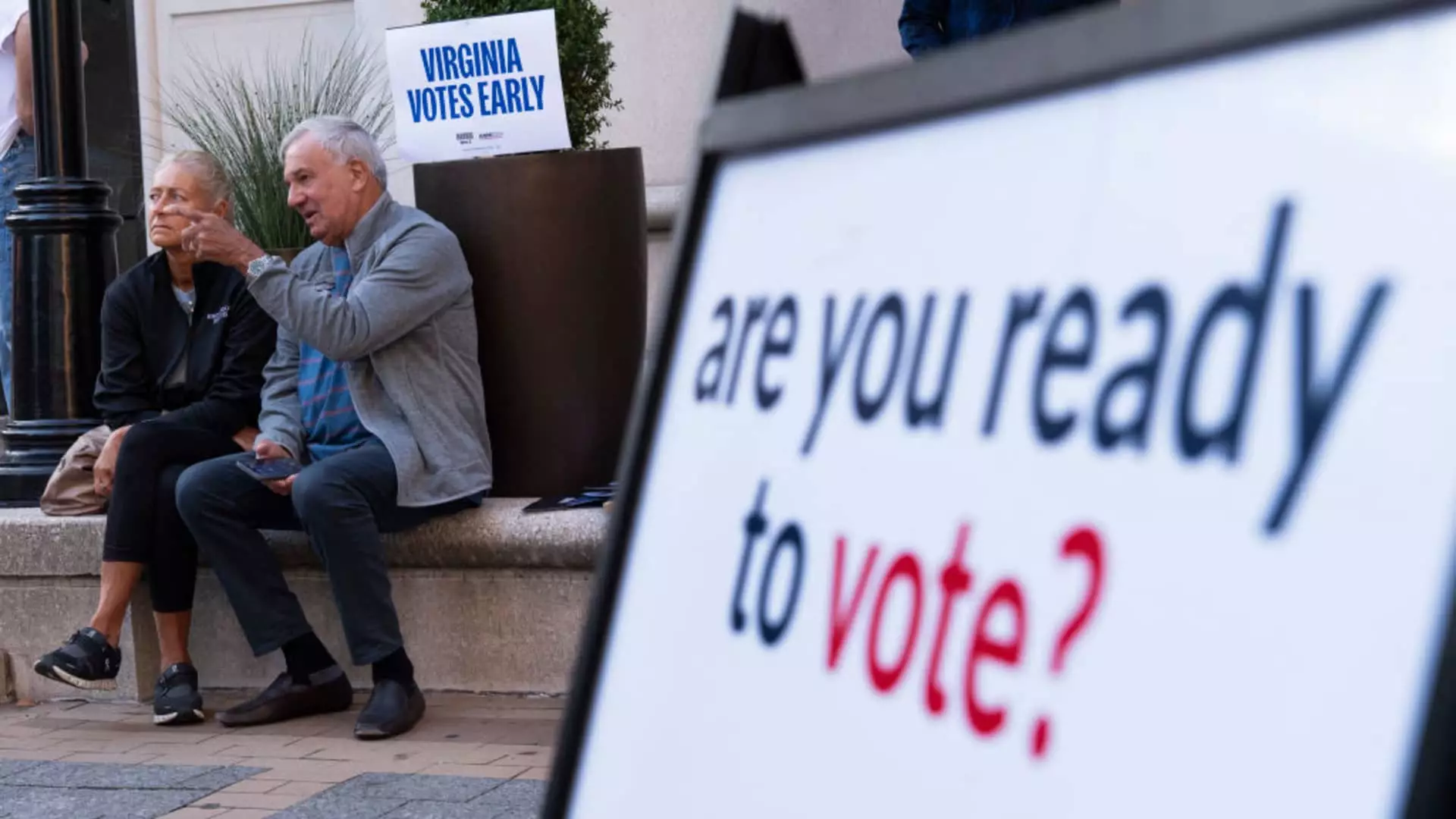The upcoming November election has sparked conversations across the United States, not just about electoral choices but also about how these choices might influence personal financial decisions. A significant number of Americans find themselves in a holding pattern regarding financial matters, as they await the election results. A recent survey conducted by the CFP Board indicated a noteworthy trend: 63% of Americans are choosing to postpone important financial decisions, ranging from major purchases to renovations, until after they know the outcome of the elections. This article will explore the implications of tying financial choices to political outcomes and offer insights from experts.
The current political climate has fostered a sense of uncertainty among voters, influencing their financial behaviors. As people contemplate the potential policies that could emerge from either candidate’s victory, many feel compelled to defer spending decisions. However, financial experts express concern that this waiting strategy may not be prudent. Delaying decisions about vacations, new cars, home improvements, or major renovations could lead to missed opportunities or increased costs later on.
The rationale behind this deferral is understandable; individuals want to avoid making financial commitments that may not align with the political landscape post-election. However, experts like Michael Liersch from Wells Fargo argue that this perspective could lead to unnecessary delays. According to him, individuals ought to assess whether their financial moves should hinge on the electoral outcome at all. After all, major policy shifts typically require time and collaboration among politicians, which diminishes the immediate impact of a newly elected official on personal finance.
Instead of allowing external political dynamics to dictate important financial choices, the advice from financial planners is to return focus to personal financial goals. Financial decisions should be driven by individual circumstances and aspirations rather than the anticipated outcomes of an uncertain political environment. A strategic analysis, asking whether decisions would significantly differ based on which candidate was elected, is encouraged. Often, noteworthy changes in a political climate do not fundamentally alter individual financial strategies.
As financial planners often point out, many clients realize that their fears about postponing crucial investments or purchasing decisions do not necessarily align with their broader financial plans. In fact, assessing best-case, worst-case, and moderate scenarios in light of political changes can often clarify the best path forward.
A significant concern for many voters is the future of Social Security benefits. Results from an Edelman Financial Engines survey revealed that approximately 81% of respondents are worried about potential reductions in Social Security funding. With the trust fund projected to run dry by 2033, necessitating cuts, these fears are understandable. However, rather than freezing one’s financial status, experts suggest proactive planning.
Individuals should take stock of their Social Security estimates and evaluate ways to bolster their savings. This planning may involve adjusting budgets to prepare for potential shortfalls in retirement income. Financial stability can also be reinforced through strategies like paying down debt, creating an emergency fund, and maintaining a consistent investment approach.
Stacy Francis, a certified financial planner in New York City, emphasizes the significance of having a game plan that extends to age 95, which helps clients confidently navigate uncertain waters. For many, there is an immediate need to reassess budgets and explore strategies like Roth conversions in anticipation of potential tax changes and varying capital gains tax scenarios in the wake of the elections.
The stock market’s impressive performance over the past few years has prompted discussions around securing profits while the market is favorable. Financial experts argue that regardless of election outcomes, it is critical for investors to consider the possibilities of capital gains and take action when it makes sense.
For those hesitant to make decisions until the voting results are in, it is essential to evaluate the necessity of that delay. Reflecting on whether waiting for an election result adds significant value or if proceeding with timely financial decisions could yield better benefits is vital. Ultimately, individuals must prioritize their long-term financial strategies over the uncertainty introduced by the electoral process.
As the November election approaches, it is essential for Americans to draw a clear line between their personal financial decisions and the unpredictable shifts of political dynamics. While it is natural to feel apprehensive, focusing on individual financial goals and long-term strategies will yield better outcomes than waiting for electoral results. A proactive stance in financial planning will ensure preparedness in the face of any political outcome, paving the way for a more stable financial future.

